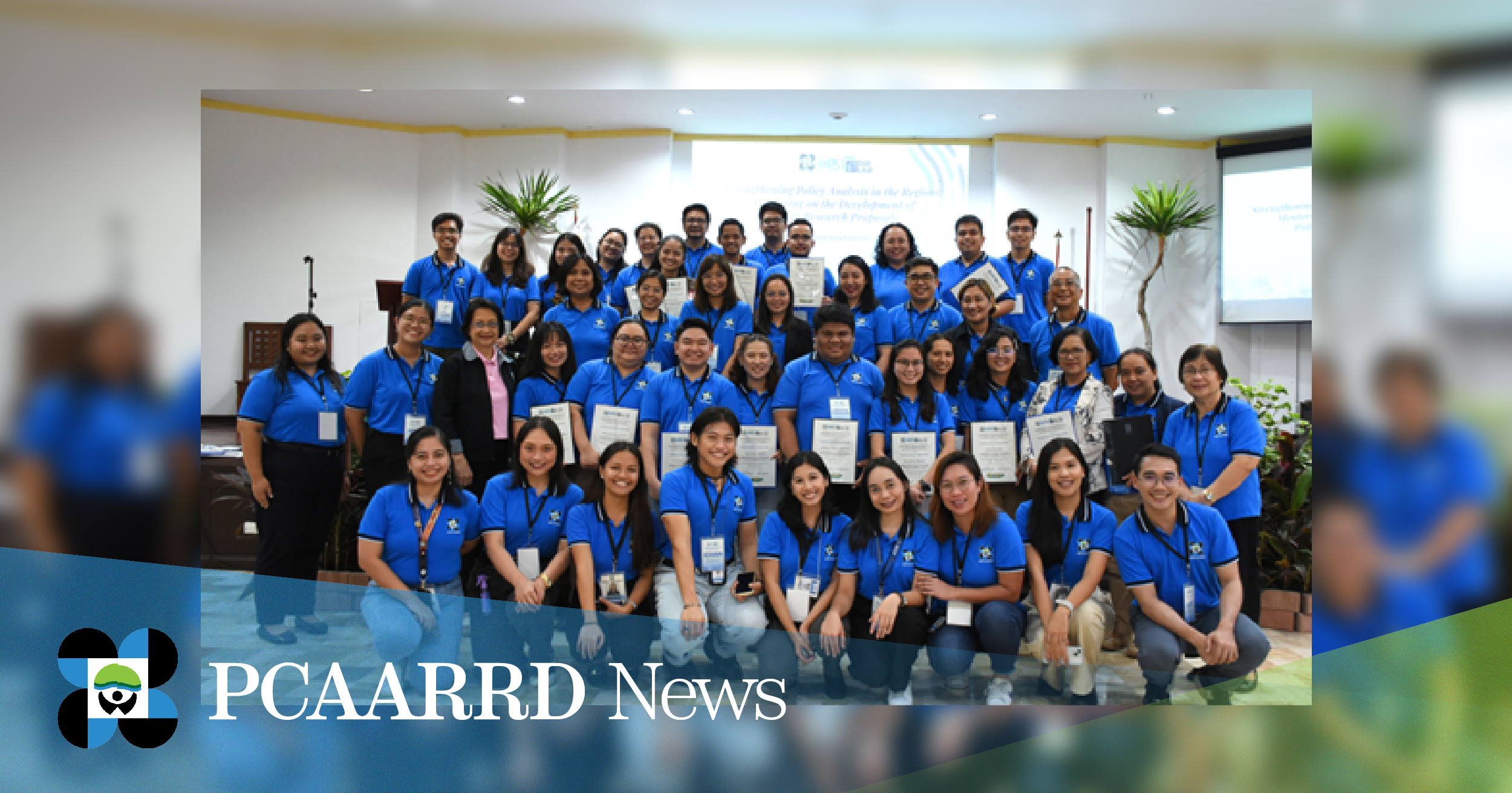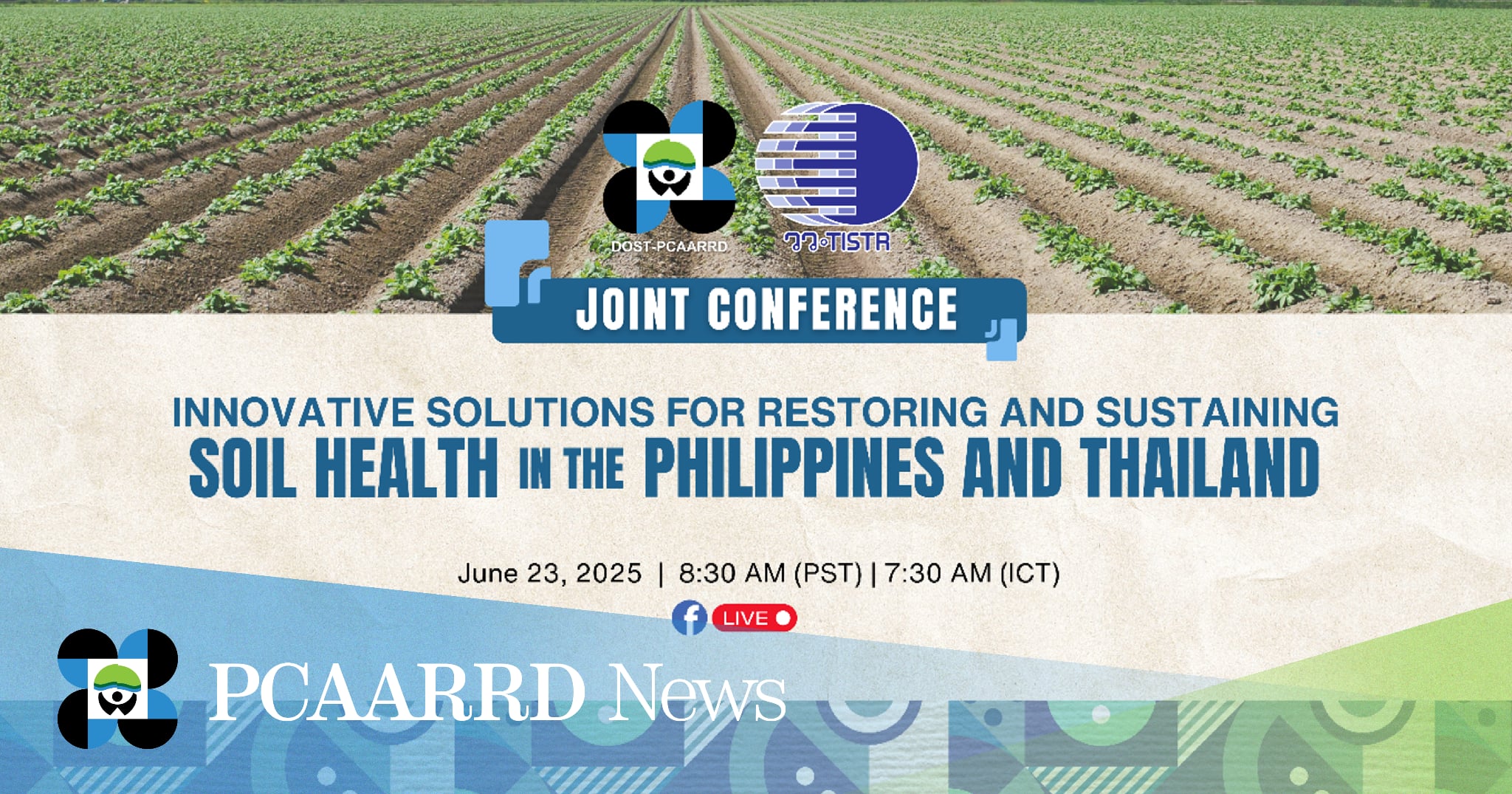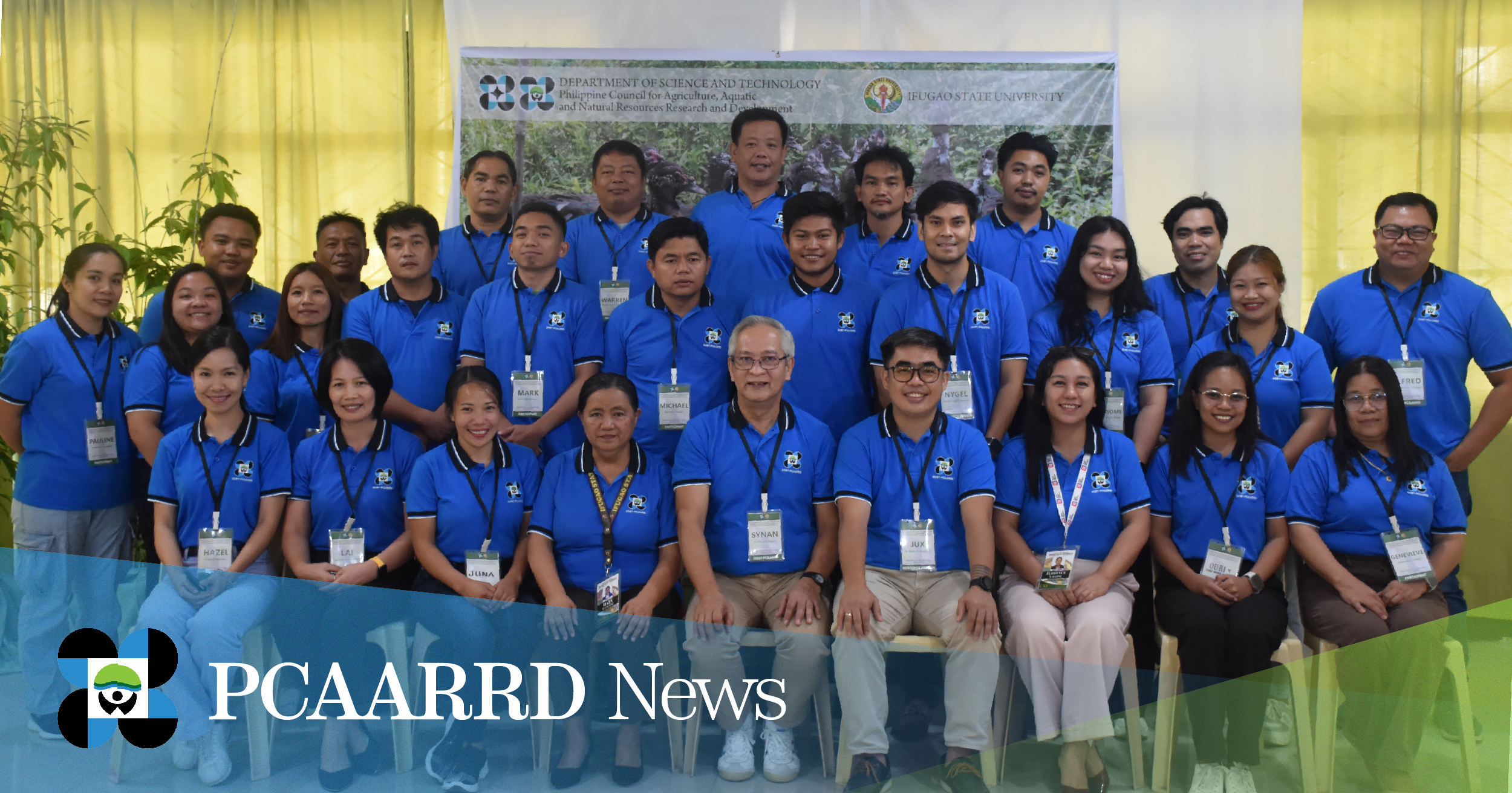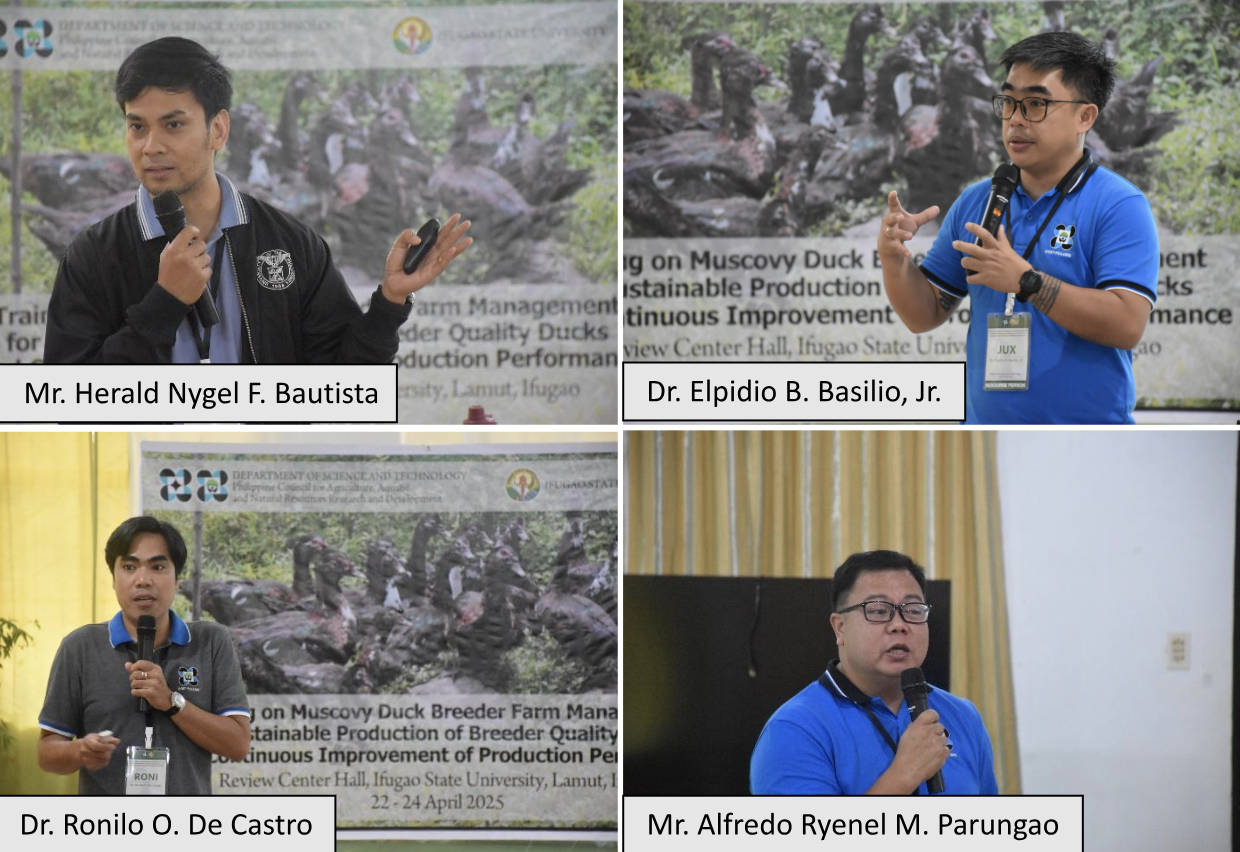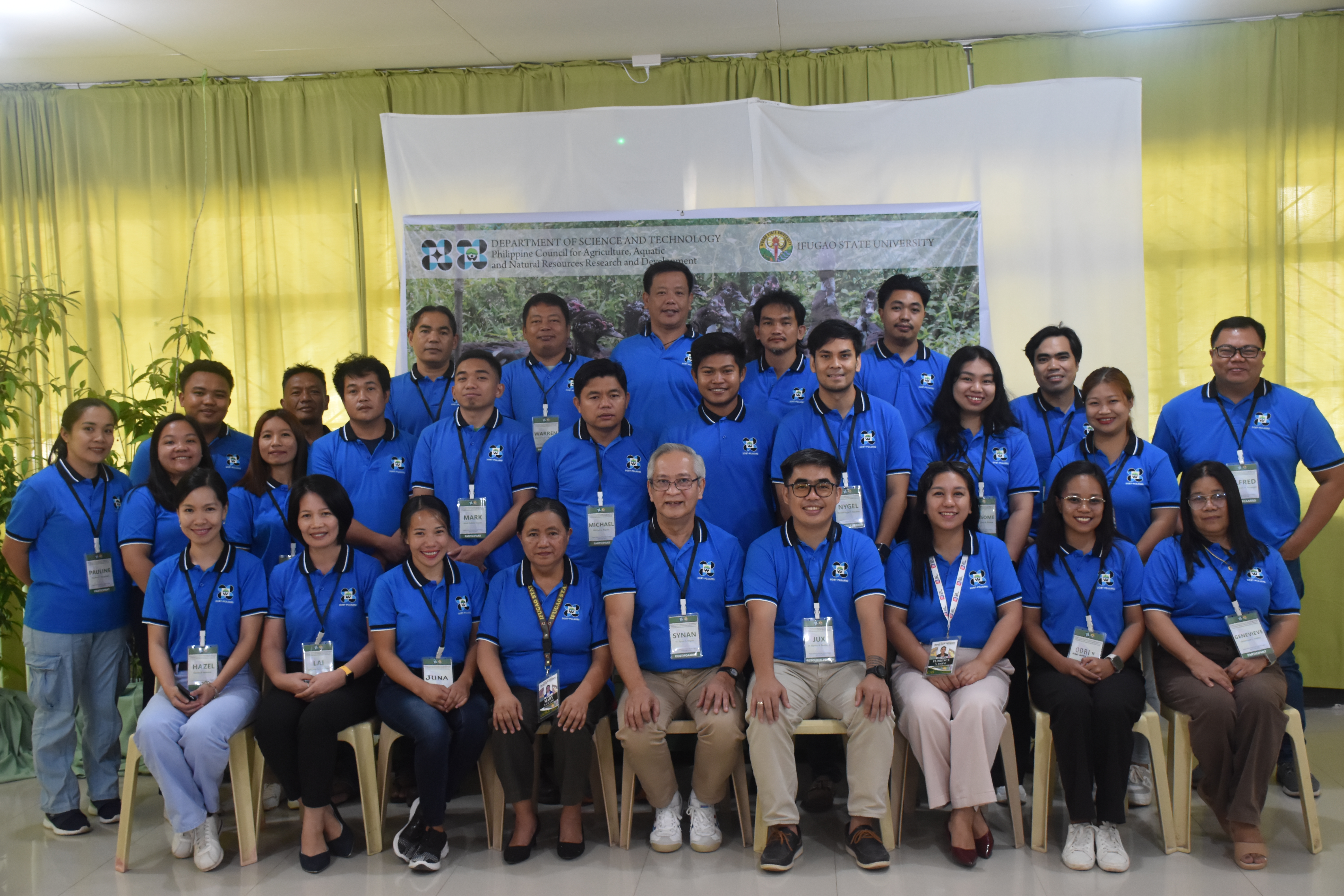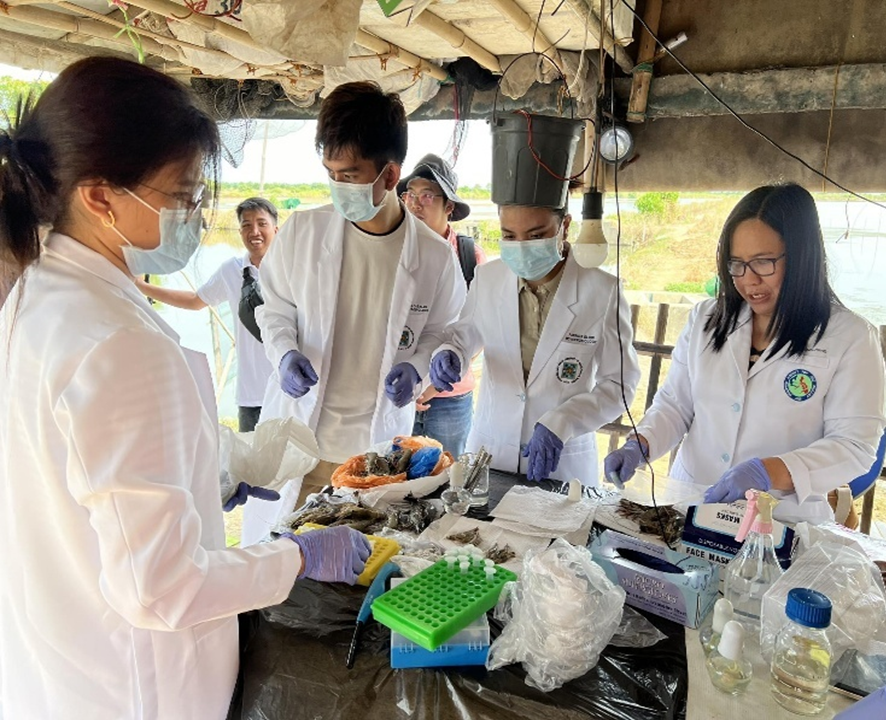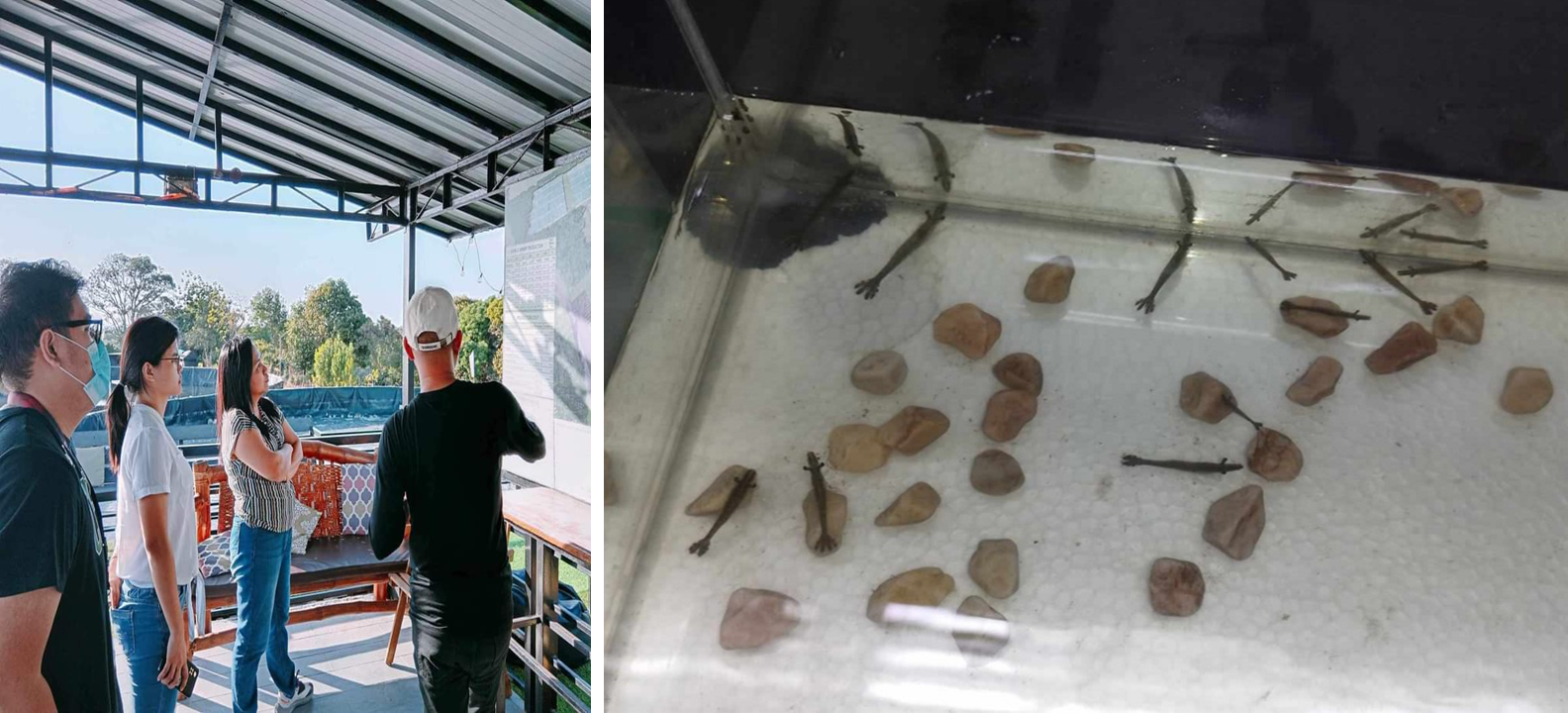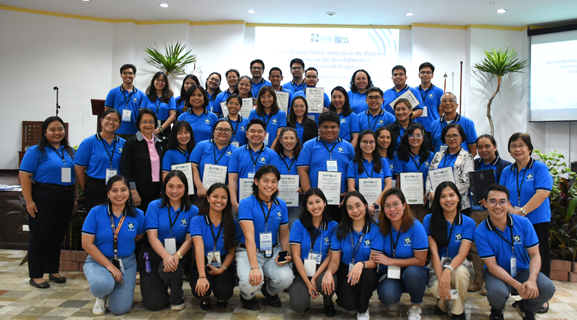
Continuing its commitment to advancing policy research in the regions, DOST-PCAARRD recently concluded the second batch of its policy analysis (PA) mentoring program where 26 policy researchers from various institutions all over the country were trained. Participants came from Ifugao State University, the University of the Philippines Tacloban College, the Department of Agriculture-Regional Field Office (RFO) III, Bohol Island State University (Main and Bilar Campuses), and the Department of Agriculture-RFO Cordillera Administrative Region.
The second batch of PA Mentoring Program culminated with the participants’ presentation of their comprehensive policy research proposals and receiving valuable feedback from their mentors. This mentoring activity was implemented under the program, “Strengthening Policy Analysis in the Regions: Mentoring on the Development of Policy Research Proposals" (PA Mentoring Program).
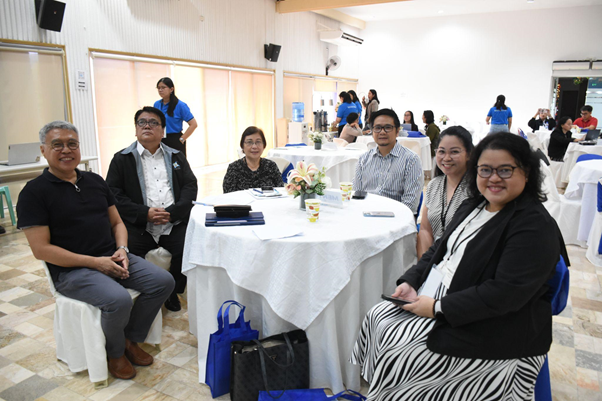
The Policy Analysis and Advocacy (PAA) program is one of the flagship initiatives of the Philippine Council for Agriculture, Aquatic, and Natural Resources Research and Development of the Department of Science and Technology (DOST-PCAARRD). This program aims to drive policy reforms and recommendations that create a more conducive environment for science, technology, and innovation (STI) while promoting investment in the development of the agriculture, aquatic, and natural resources (AANR) sectors.
Second iteration of the PA Mentoring Program
Building on the success of its inaugural series in 2023, this second iteration of the PA Mentoring Program focused on enhancing researchers' capability to develop and implement policy research projects addressing region-specific issues. The program was conducted in collaboration with the Development Innovations and Policy Laboratory (DIP Lab) of the University of the Philippines Los Baños’ College of Public Affairs and Development (CPAf).
The program featured three key plenary sessions: Orientation, Midterm Review, and Final Presentation. While the Orientation and Midterm Review were conducted virtually, the Final Presentation was held in person, allowing deeper engagement and constructive feedback.
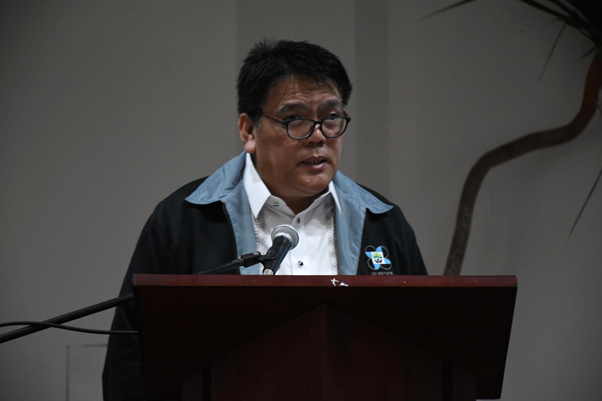
Dr. Ernesto O. Brown, in his message, emphasized the importance of strengthening regional policy research capabilities. He expressed optimism that the program would increase the number of regional policy researchers, enhance communication and advocacy skills, and generate actionable policies to address pressing regional issues.
During the Final Presentation, participants showcased their comprehensive policy research proposals and received valuable feedback from their mentors. Seven proposals were presented, covering a wide range of topics. These included enhancing agricultural practices and the sustainability of Indigenous livestock through policy analysis in the Cordillera Administrative Region (CAR), assessing the effectiveness of the Farm-to-Consumer (F2C2) Program in improving smallholder productivity in Eastern Visayas and evaluating the Leyte Sab-a Basin peatland and its ecosystem services for sustainable resource management. Other proposals focused on Project ADION, which analyzes and develops integrated outcomes for national policies on animal disease control and prevention, examining the social carrying capacity of diving and snorkeling sites in Panglao, Bohol; assessing the impact of government-funded livestock multiplier farms in the Cordillera; and conducting a comprehensive review of the National Integrated Protected Areas System (NIPAS) Law in Bohol Province.
These proposals will be submitted to DOST-PCAARRD for potential funding, reinforcing the council's dedication to fostering impactful policy research initiatives.
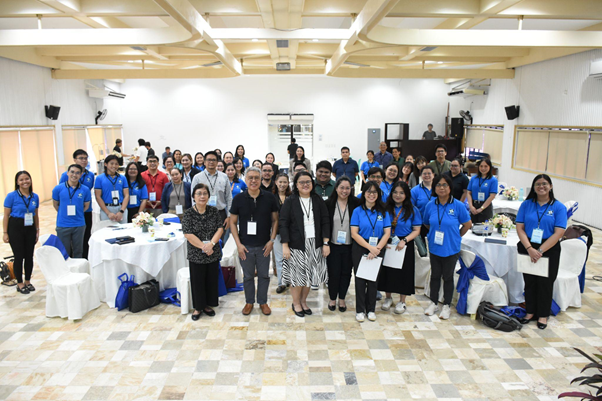
Through programs like the PA Mentoring Program, DOST-PCAARRD continues to strengthen the policy analysis capacities of its consortia member-institutions. By doing so, the Council aims to advance the development of the AANR sectors, contributing to sustainable growth and innovation nationwide.

